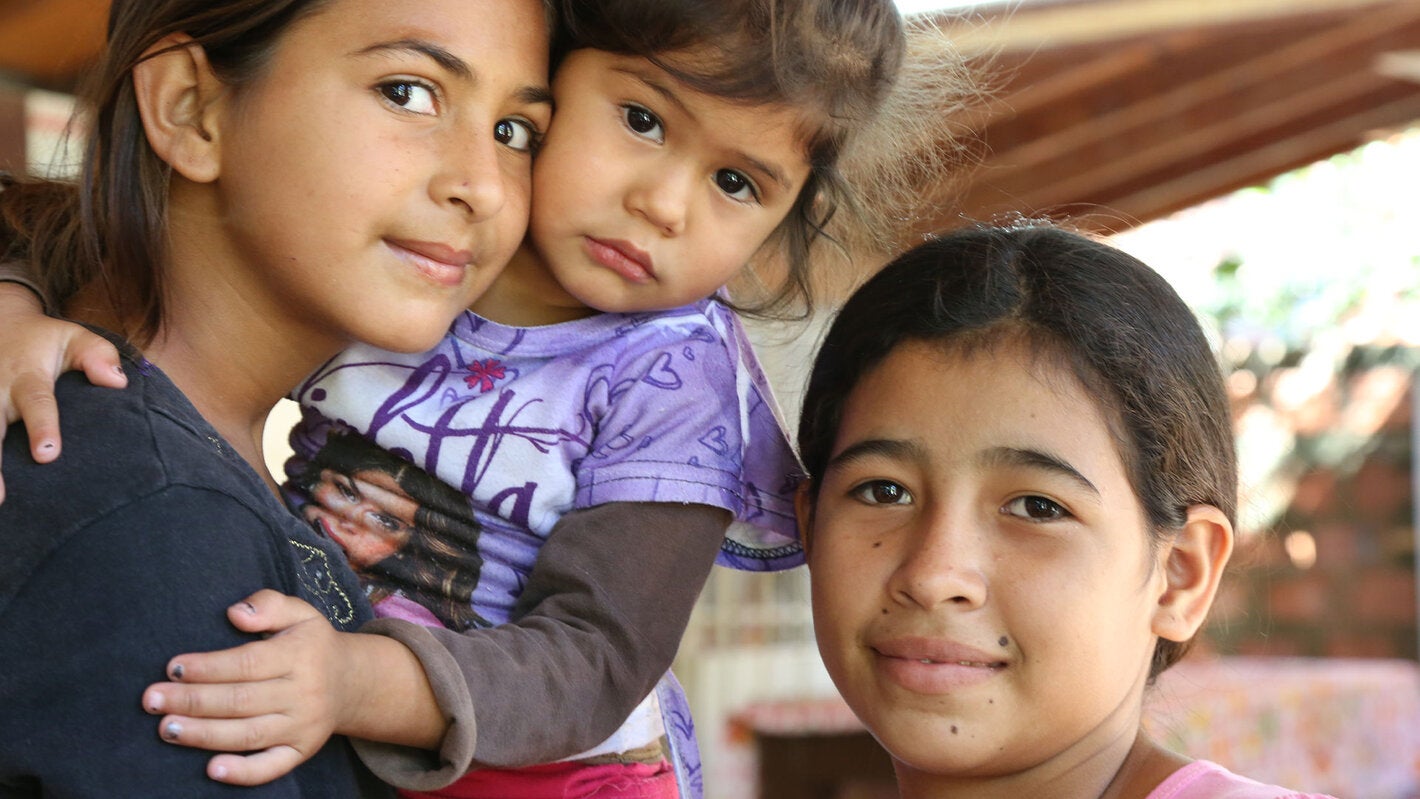
A global movement of communities, civil society groups, human and animal health professionals, scientists, agroecologists, educators, artists, and indigenous peoples' representatives has demanded urgent action on the growing threat of bacteria resistant to antibiotics and the broader Antimicrobial Resistance (AMR).
Targeting High-Level meeting in New York
Heads of UN Member States will be gathering in New York in September this year for the UN General Assembly High-Level Meeting on AMR, which will adopt a political declaration on the theme. The last such UN High-Level Meeting on AMR was held in 2016. The campaign is targeting this meeting.
Focus on vulnerable populations
According to the campaign’s Call for Global Action “The UN HLM political declaration on AMR should highlight the disproportionate impact of AMR on populations in situations of vulnerability and weakened health systems and help them overcome barriers to quality care”.
The movement pointed out that AMR policies and programs based on wide public participation and global solidarity are critical for an effective and holistic response. It urged UN Member States to provide financial and technical support to civil society organizations and community-based and -led interventions.
"The cost of inaction will only exacerbate poverty and inequality, particularly in low- and middle-income countries," says Dr. Arturo Quizhpe, Head of ReAct Latin America, one of the organizers of the campaign.
The coalition is urging UN Member States and other stakeholders worldwide to prioritize the specific needs of the most vulnerable populations and invest in participatory, targeted interventions to strengthen the AMR response. It is also calling for investing in education and the engagement of youth as key agents of change for the future.
One Health approach
The campaign has also emphasized the need to enforce good practices and market regulations in the food-animal production sector, including banning the non-therapeutic use of antibiotics for growth promotion. It has demanded the implementation of environmentally sustainable waste treatment measures and policies to prevent antibiotic pollution from healthcare facilities, slaughterhouses, wastewater management plants, and pharmaceutical manufacturing plants. It has also called for support for educational and artistic initiatives to raise awareness about AMR and promote behavioral change.
"We need to adopt policies that ensure equitable access to effective antibiotics, increase AMR surveillance and antimicrobial stewardship efforts, incentivize the development of rapid diagnostics, and reinforce infection prevention and control practices at all levels of health care systems," says Dr Nathalie El Omeiri, AMR Advisor at the Pan American Health Organization (PAHO).
The Call for Global Action builds on the declaration of the Latin American and Caribbean initiative "Empowered Communities to Tackle Antimicrobial Resistance" that was issued in 2021, through which individuals, community representatives and organizations, expressed their eagerness to be part of national and international strategies to address AMR. This initiative was jointly conceived by the Pan American Health Organization (PAHO), South Centre, and ReAct Latin America to provide an open dialogue platform between governments, academia, civil society and other key stakeholders on the importance of communities in the AMR response.
Related Link



